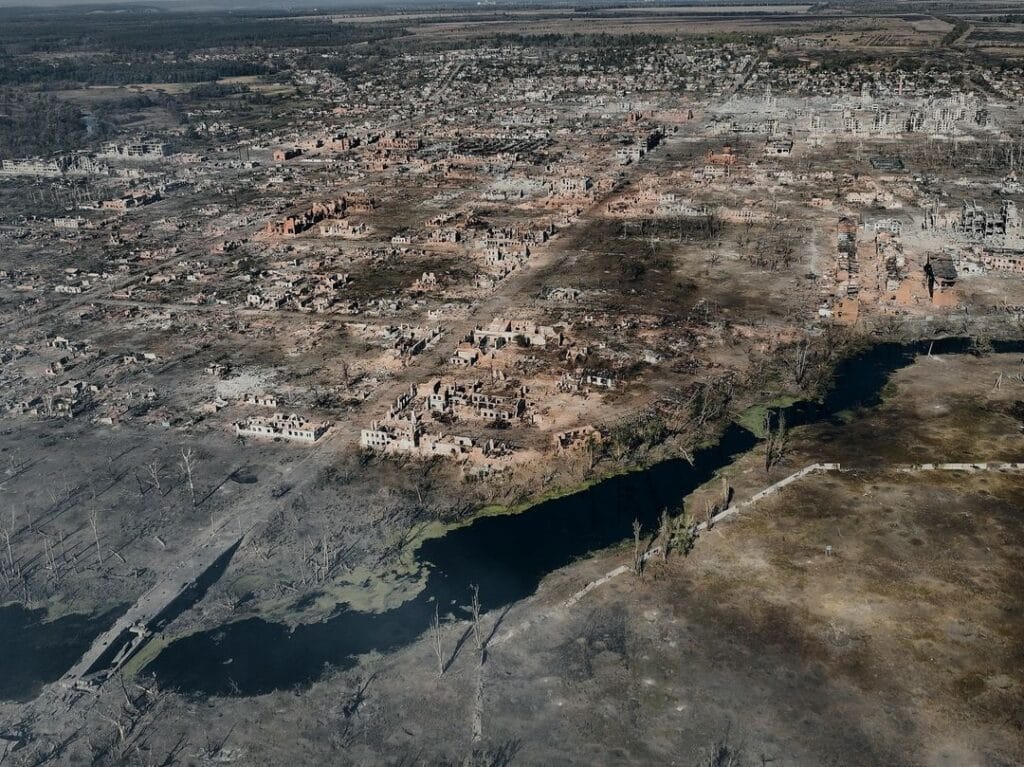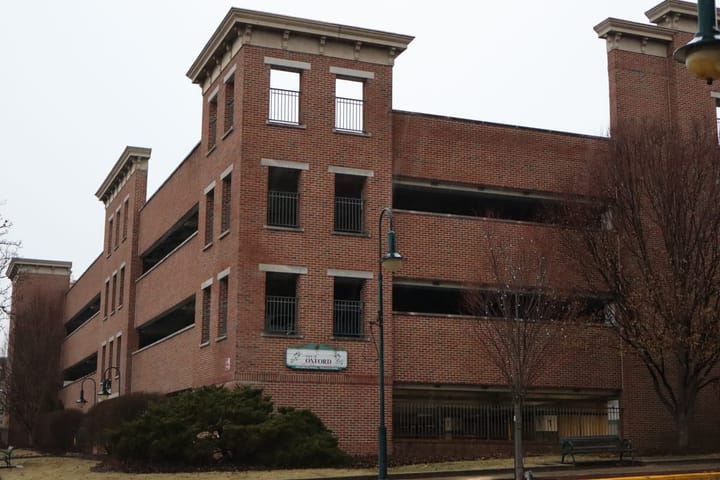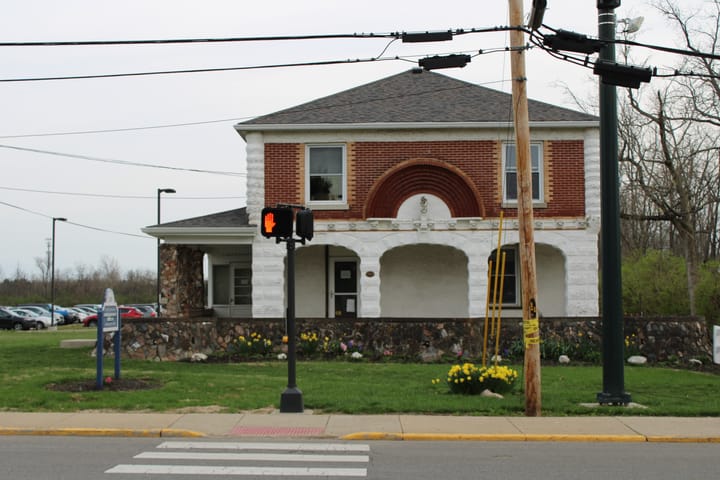Reflections: Ukraine
Allan Winkler has spent decades interested in the Cold War as a historian. When Russia launched a full-scale invasion in Ukraine, it was personal for Winkler both for his academic work and for his ancestry.

Like many readers of the Oxford Free Press, I’ve been following historian Steve Norris’ three thoughtful pieces about Ukraine. And, like many readers and folks around the world, I’ve followed what has happened in the three years of war following the Russian attack on Ukraine with a mixture of horror and dread.
As a historian interested in 20th century affairs including the Cold War between the United States and the Soviet Union, I was troubled by the war in Ukraine from the start. The Cold War had ended, had it not, but now Russia seemed intent on threatening the peace in Europe, and indeed, in the world.
There was also a personal dimension to my fear about what was happening. About a dozen years ago, I had a chance to visit Ukraine. My history department colleague Robert Thurston organized a conference comparing Kharkiv and Cincinnati, and I delivered a paper about Cincinnati during World War II and talked at length with Ukrainian participants. Most important of all, I had a chance to wander around Kharkiv, and then Kyiv, both beautiful, vibrant cities that captured my imagination.
Even more personal than that was my family’s own Ukrainian ancestry.
A century ago, sometime around 1912, both of my maternal grandparents, who came from the area around Chernobyl, in Ukraine, emigrated to Cincinnati. They didn’t know each other — they met and married here — but both were Jewish revolutionaries, firmly committed to overturning the Russian Czar, in an era when pogroms were common. They fled to avoid the consequences of their actions.
Whether or not I still have relatives in Ukraine I’ll never know. But it was a moving experience for me to see where they had been.
As I followed the Russian invasion three years ago, I remembered what the Soviet Union had done toward the end of World War II. The boundaries of Poland were redrawn, pushed West, to give territory of what had been Poland to Russia.
Now Russia was doing the same thing in another part of Eastern Europe.
I applauded the American and European willingness to assist Ukraine in its attempt to defend itself from Russian aggression. I listened to Ukrainian President Volodymyr Zelenskyy when he came to the United States, spoke to Congress, and pleaded successfully for American help.
Now, all that has changed. The U.S. has tragically turned its back on Ukraine. Leaders like Secretary of State Marco Rubio, formerly strong supporters of Ukraine, have changed their tune. President Donald Trump and Vice President JD Vance went out of their way to humiliate President Zelenskyy in their Oval Office meeting a few weeks ago. Most appalling of all, the United States voted against a United Nations resolution branding Russia as responsible for the war.
The world is a fragile place. The years since the end of World War II have been largely peaceful, with a balance that has, for the most part, seemed intact. All of that now seems threatened by an attempt to overturn the world order and, administration rhetoric notwithstanding, leave us more vulnerable than ever before.
I think back to the Ukraine I was once fortunate enough to visit and can only hope that in some way, at some time, it will be able to survive.
Allan Winkler is a University Distinguished Professor of History Emeritus at Miami University, where he taught for three decades. He serves on the Board of Directors for the Oxford Free Press.




